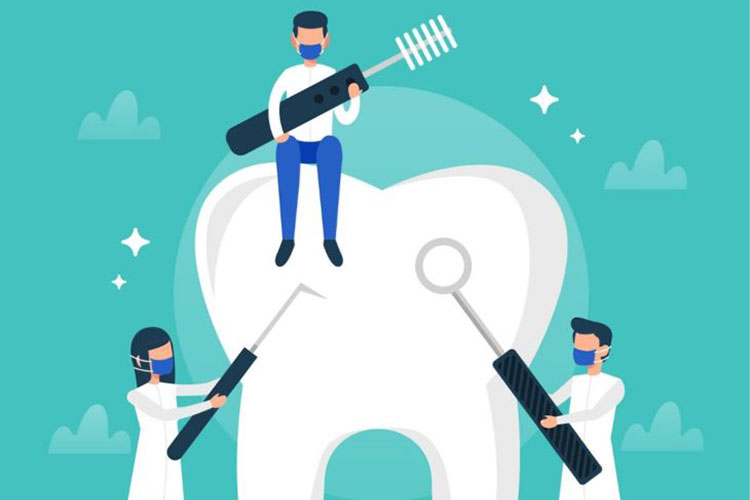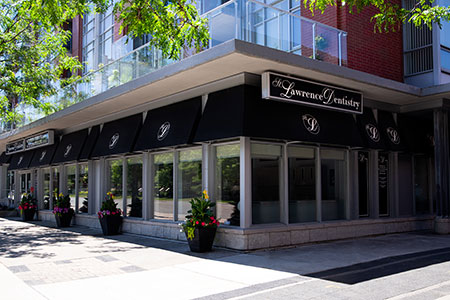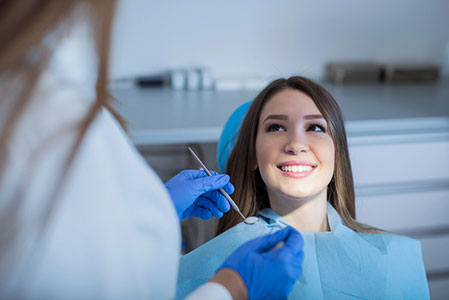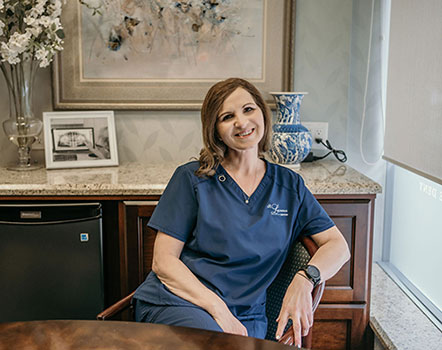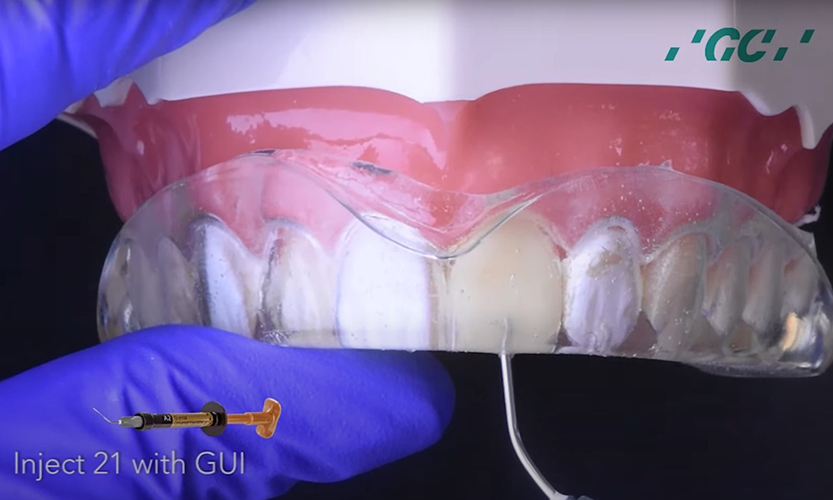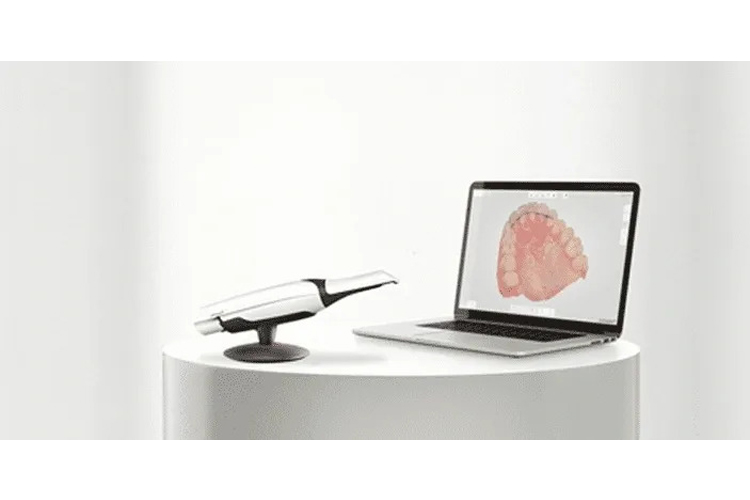Introduction: At St. Lawrence Dentistry, we prioritize the well-being and safety of our patients. We understand the importance of addressing allergy concerns before your dental visit. Allergic reactions can vary in severity, and both patients and dental professionals must be aware and prepared. This article will discuss common allergy concerns at St. Lawrence Dentistry and the steps we take to ensure a safe and comfortable dental experience.
-
- Latex Allergy: Your safety is our priority, and we have switched to nitrile gloves throughout our practice. However, some of our sundries may have trace amounts of latex. If you have a latex allergy, please inform our dental staff before your appointment. We will take all necessary precautions, such as using non-latex gloves and latex-free equipment, to prevent any allergic reactions during your treatment.
- Local Anesthetic Allergy: We use local anesthetics like lidocaine to numb the treated area during dental procedures. Please inform our staff if you have a known allergy to these anesthetics. We will carefully evaluate your situation and use alternative anesthetics or explore other pain management techniques to ensure your comfort and safety.
https://images.app.goo.gl/8smr3DgV3t1hyJje8 - Antibiotics and Medication Allergies: Some dental procedures may require antibiotics or other medications. If you have any known allergies to specific antibiotics or drugs, it is vital to provide us with a comprehensive list of your allergies. This information prevents us from prescribing or administering medication that may trigger an allergic reaction. Your well-being is our top priority, and we will ensure the use of appropriate alternatives if necessary.
Grace: Head Administrator at St. Lawrence Dentistry - Metal Allergies: If you have a known allergy to metals such as nickel or cobalt, it is crucial to inform our dental team. This information is essential if you require dental restorations like crowns, bridges, or dentures, as these may contain metals. We will use alternative materials such as porcelain or zirconia to ensure your dental restorations are comfortable and allergy-free.
- Gluten Allergy: We understand the need for extra precautions during dental visits for individuals with a gluten allergy or celiac disease. Although the risk of gluten exposure during routine dental care is generally low, we encourage you to communicate your allergy or intolerance to our dental staff. By doing so, we can ensure that all dental products and materials used, such as toothpaste, mouthwash, and adhesives, are gluten-free or have minimal traces of gluten. Your safety and comfort are of utmost importance to us.
https://images.app.goo.gl/VoSkQdSo1PB4itqZA
Conclusion: At St. Lawrence Dentistry – Dr. Hawryluk’s clinic, we prioritize the well-being and satisfaction of our patients. By addressing allergy concerns, including latex, local anesthetics, medications, metals, and gluten, we aim to provide everyone with safe and comfortable dental visits. Open communication is essential, so please inform our dental staff about any allergies or sensitivities you may have. Rest assured; we are well-prepared to accommodate your needs, utilize alternative materials, and ensure a positive dental experience.
- Sleep Dentistry: Enhancing Comfort and Care During Dental Procedures - July 11, 2024
- The Revolutionary Injection Molding Technique for Composite Veneers - June 27, 2024
- Why Are Third Molars Called “Wisdom Teeth”? - June 19, 2024



